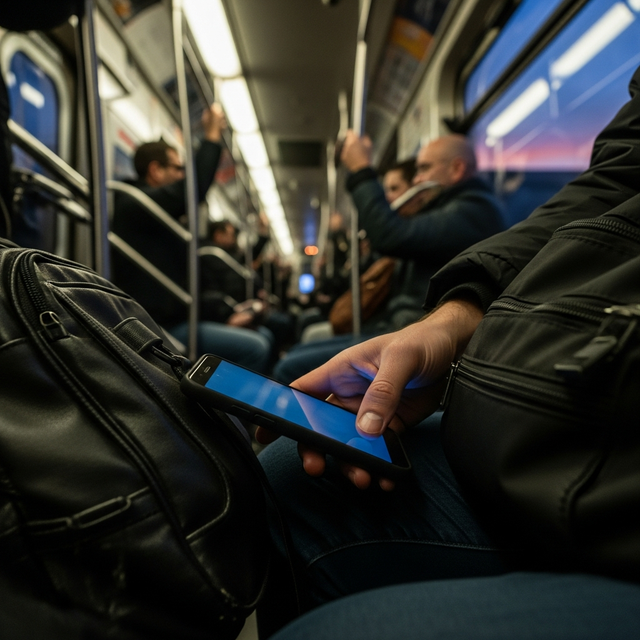Apple and Google Crack Down on ICE-Tracking Apps Amid DOJ Pressure
Apple and Google Pull ICE-Tracking Apps After DOJ Pressure - Here's What's Going On
Well, this is a big deal. Apple and Google just yanked several apps designed to help people avoid Immigration and Customs Enforcement (ICE) checkpoints and operations. The most notable ones? ICEBlock and Red Dot, which were basically community-driven alert systems for immigration enforcement activities.
What These Apps Actually Did
Think of these apps like Waze, but instead of reporting speed traps, users would share locations of ICE operations. The idea was to help vulnerable communities avoid potentially dangerous encounters. The apps used crowdsourced data - when someone spotted ICE activity, they could mark it on the map to warn others.
Why They Got Pulled
Here's where things get complicated. The Department of Justice (DOJ) pushed both companies to remove these apps, arguing they could be used to "obstruct law enforcement." Apple and Google complied, citing their policies against apps that could potentially cause harm to law enforcement personnel.
This situation highlights a bigger issue about privacy and surveillance in our digital age. And honestly? It's why I always recommend using additional privacy measures when you're concerned about location tracking.
The Privacy Implications
This whole situation is a wake-up call about how easily our location data can be controlled or restricted. If you're concerned about location privacy in general (which, honestly, everyone should be), here are some practical steps you can take:
First off, using a VPN is pretty much non-negotiable these days. I personally use NordVPN because it's reliable and has a strict no-logs policy. It won't solve everything, but it's a good starting point for protecting your online movements.
For an extra layer of privacy, consider using Surfshark , which offers both VPN and privacy protection features. It's particularly good at blocking trackers and maintaining your digital privacy.
What Legal Experts Are Saying
Civil rights attorneys and digital privacy experts are raising serious concerns about these removals. They argue that sharing information about law enforcement activities is protected speech under the First Amendment. Several legal experts have pointed out that similar apps, like those that share speed trap locations, remain available.
The Community Response
Immigration advocacy groups aren't taking this lying down. They're arguing that these apps serve a legitimate safety purpose and that their removal could put vulnerable communities at risk. The app developers are exploring alternative distribution methods, including web-based versions that don't rely on app stores.
What This Means for the Future
This situation sets a concerning precedent about app store control and government influence. It's a reminder that relying solely on mainstream app stores for critical tools might not be the best strategy. We'll likely see more developers moving towards web-based solutions that can't be easily removed from app stores.
Protecting Yourself Going Forward
While these specific apps are now gone, there are still ways to protect your privacy:
Use privacy-focused browsers and search engines
Keep location services turned off when not needed
Consider using web-based alternatives to app store applications
Stay informed about your digital rights and privacy options
Quick heads up:Some links in this article are affiliate links. If you buy something through them, we might earn a small commission (doesn't cost you extra). We only recommend stuff we'd actually use ourselves or set up for our own families. No BS recommendations here.


